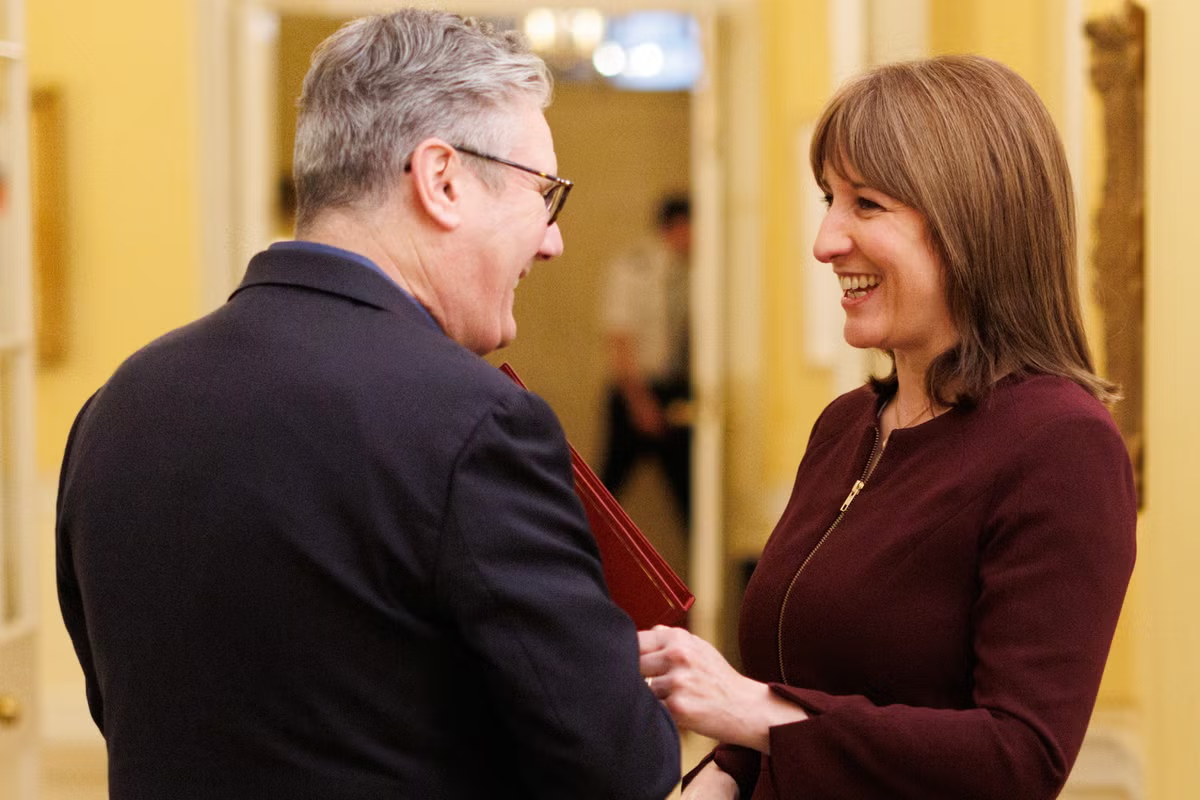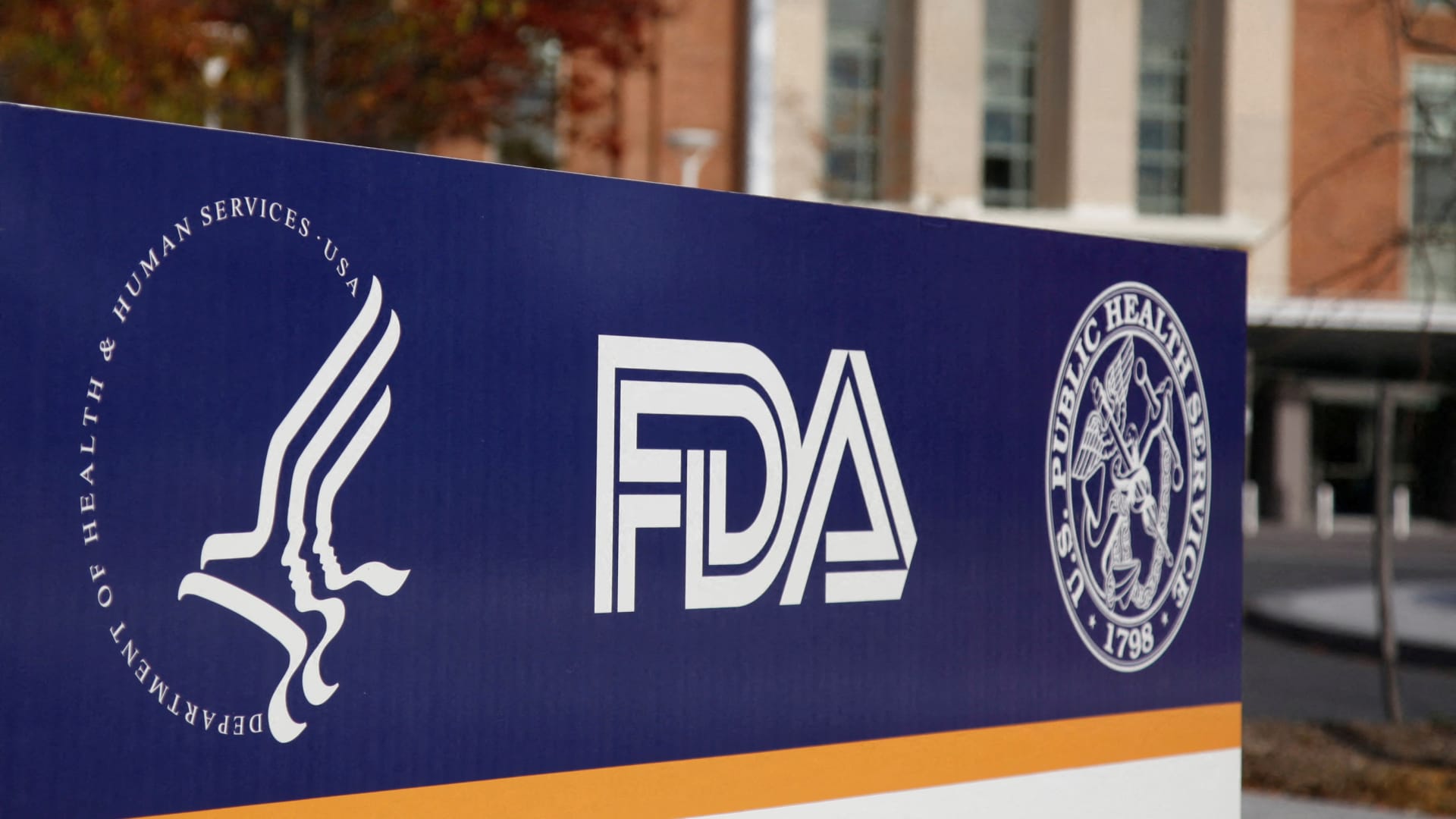With Chancellor Rachel Reeves about to unveil her autumn budget, the government is facing pressure to boost revenue.
Economic analysis published in October suggests that, for the Chancellor, raising income tax would be the “least damaging” option for the economy compared to raising VAT.
The National Institute for Economic and Social Research (NIESR) concluded that increasing VAT would put more pressure on real income, while an increase in income tax would be less harmful.
The think tank, which looked at income tax, corporation tax and VAT, also warned against seeking revenue beyond these “main” UK taxes, considering other potentially damaging methods.
Of the three, NIESR said raising VAT would have the biggest negative impact on the UK economy by reducing real disposable personal income (RPDI) by almost 3 per cent and real gross domestic product (GDP) by almost 1 per cent in the first year of the tax.
A higher VAT rate would also push up inflation more than other levers because of the impact it would have on prices in stores.
According to the analysis, increasing the corporate tax (which taxes the profits made by companies) would have a minor impact in the short term, but would harm the economy in the long term by reducing investment.
On the other hand, raising the income tax would have the lowest impact, reducing GDP by about 0.05 percent in the first year after the tax is implemented.
The scenarios in the NIESR analysis are based on the assumption that the government aims to increase total annual net income by £30 billion by 2029-30.
This is the amount Ms Reeves needs to raise to fill an estimated black hole in the public finances.
NIESR said the “least bad” option was therefore for the Chancellor to increase income tax in her next budget.
The think tank acknowledged that doing so would mean the Labor government reneged on its stated commitment not to raise taxes on “workers” – which it said was now widely interpreted as income tax, VAT, employee national insurance contributions and corporation tax.
“We would argue that they could find other ways to increase tax revenue, but doing so would be much more distorting and would harm the economy in the long run,” the report's authors wrote.
Ed Cornforth, NIESR economist and lead author of the analysis, said: “Our analysis clearly shows that an income tax increase is the Chancellor's least harmful and most reliable option to put the economy on a secure and sustainable footing.
“VAT would put pressure on prices, an undesirable option given current inflation expectations, and additional business taxes would harm investment incentives, at a time when employer NICs have already weakened business confidence.
“While politically unpalatable, avoiding raising income tax will force the Chancellor to make worse choices – tinkering simply won't turn the tide.”








